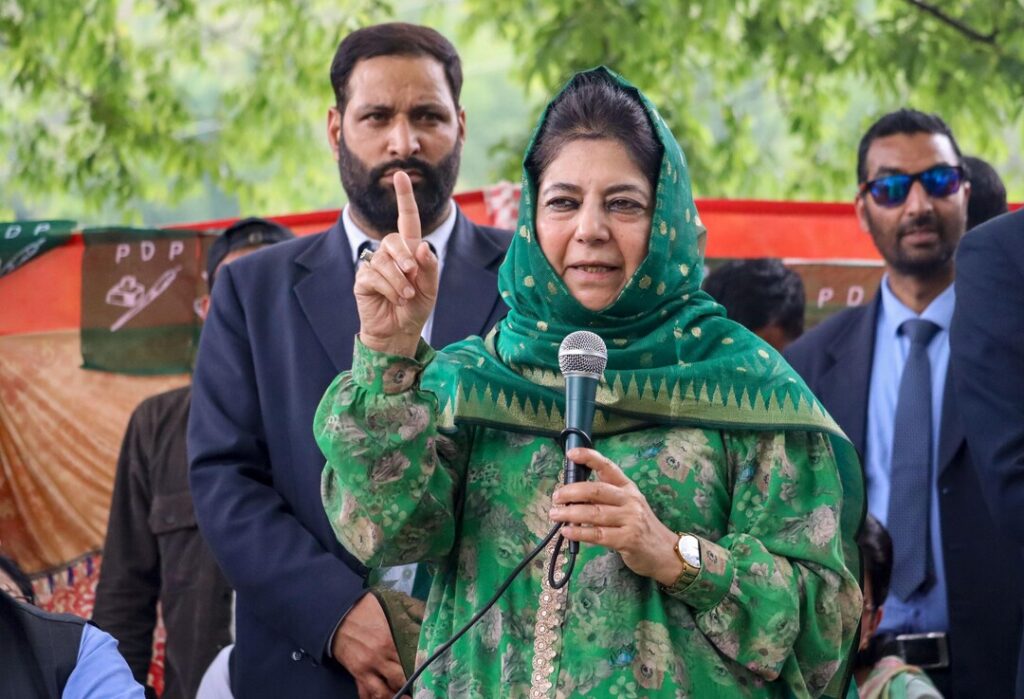Expressing unhappiness over the abrogation of Article 370 through votes is a significant statement of dissent and concern regarding the constitutional change. The revocation of Article 370, which granted special autonomous status to Jammu and Kashmir, has been a highly contentious and polarizing issue since its implementation.
For many, Article 370 was seen as a symbol of Jammu and Kashmir’s unique identity and a safeguard for its special status within the Indian Union. Its abrogation, therefore, represents a departure from the principles of autonomy and self-governance that were enshrined in the Indian Constitution.

Source:- India today
By voting to express dissatisfaction with the abrogation of Article 370, individuals and communities are asserting their belief in the importance of preserving the region’s distinctiveness and autonomy. They may view the move as a violation of the historical agreement reached at the time of Jammu and Kashmir’s accession to India and as undermining the region’s political and cultural rights.
Source:- India today
Furthermore, expressing unhappiness through votes serves as a democratic means of holding elected representatives accountable for their actions. It sends a clear message to policymakers about the concerns and priorities of the electorate, particularly those directly affected by the decision.
However, it’s essential to recognize that opinions on the abrogation of Article 370 vary widely, reflecting diverse perspectives on issues of national unity, security, development, and human rights. While some view it as a necessary step towards integration and development, others see it as a unilateral and undemocratic imposition that disregards the wishes and aspirations of the people of Jammu and Kashmir.
In the broader context of Indian democracy, the expression of dissatisfaction through votes underscores the importance of robust debate, dialogue, and respect for differing viewpoints. It highlights the need for inclusive and participatory decision-making processes that take into account the concerns and interests of all stakeholders, particularly those whose lives and futures are directly impacted by policy changes.
Ultimately, the expression of unhappiness over the abrogation of Article 370 through votes reflects the complexity and sensitivity of the issue and the ongoing struggle to reconcile competing interests and values within the framework of Indian democracy.
Share your views in the comments

